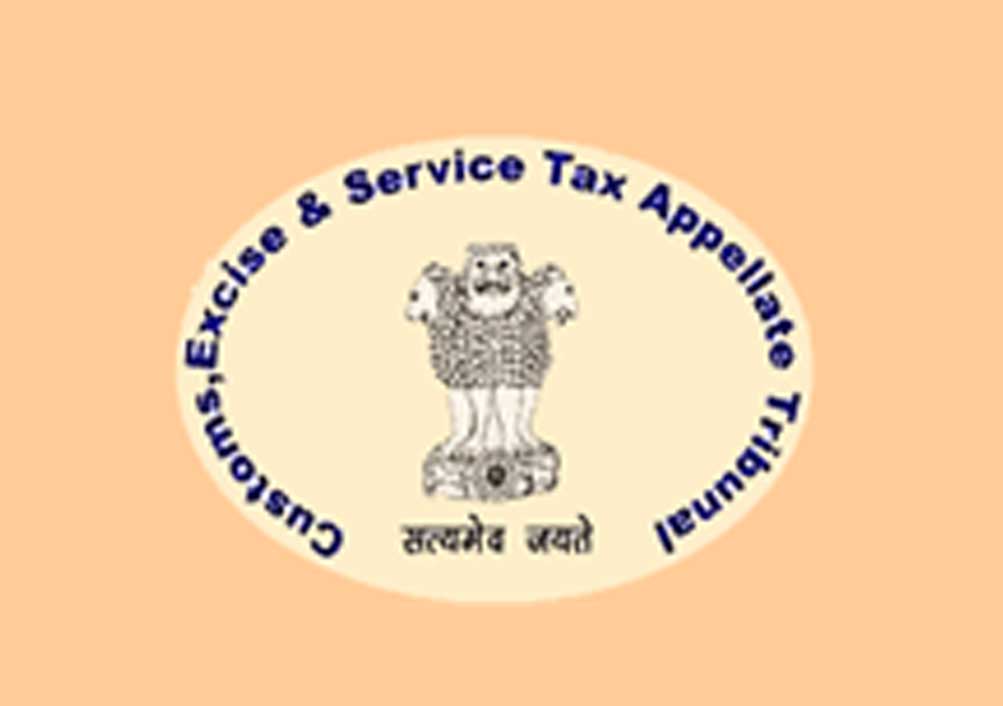In Service Tax Appeal No. 54118 of 2014- CESTAT - CESTAT (Delhi) rules that certificates issued by professionals cannot be disregarded without cogent evidence
Members Dilip Gupta (President) & P. Anjani Kumar (Technical) [26-05-2023]

Read Order: B.L. Kashyap & Sons Ltd v. Commissioner of Service Tax
Chahat Varma
New Delhi, May 29, 2023: The Principal bench of the Customs, Excise and Service Tax Appellate Tribunal has held that a certificate issued by a professional cannot be disregarded or overlooked without adducing cogent evidence to prove that the said certificate was incorrect.
Brief facts of the case were that the appellant was engaged in providing Industrial and Residential Complex Construction Services, Maintenance or Repair Services and Works Contract Services, exigible to service tax. The Department contended that appellant was providing both taxable and exempted services without maintaining separate records showing the credit utilized in exempted and dutiable services, contrary to Rule 6(3) of the Cenvat Credit Rules, 2004. Additionally, the appellant failed to pay an amount equal to 6% of the value of the exempted services for specific periods. Show cause notices were issued, and the demands for service tax recovery were confirmed by the Commissioner (Adjudication), Service Tax, New Delhi.
The Tribunal held that confirming the demands based solely on allegations in the show cause notice, without properly identifying and qualifying the credit availed, was not legally justifiable.
The Tribunal further noted that the adjudicating authority had not discussed or provided any findings regarding a Chartered Accountant certificate submitted by the appellant. The Tribunal observed that it was incorrect for the adjudicating authority to pass an order without considering the contents of the certificate, conducting reasonable verification, and providing cogent evidence and reasons to refute it.
Consequently, the Tribunal held that the adjudicating authority's findings regarding the availment of Cenvat credit were factually incorrect. Furthermore, the Tribunal held that the adjudicating authority erred in applying the concept of partial exemption, which was introduced on 01.07.2012, to a period before that date. As a result, the Tribunal concluded that the order was not sustainable.
Sign up for our weekly newsletter to stay up to date on our product, events featured blog, special offer and all of the exciting things that take place here at Legitquest.




Add a Comment